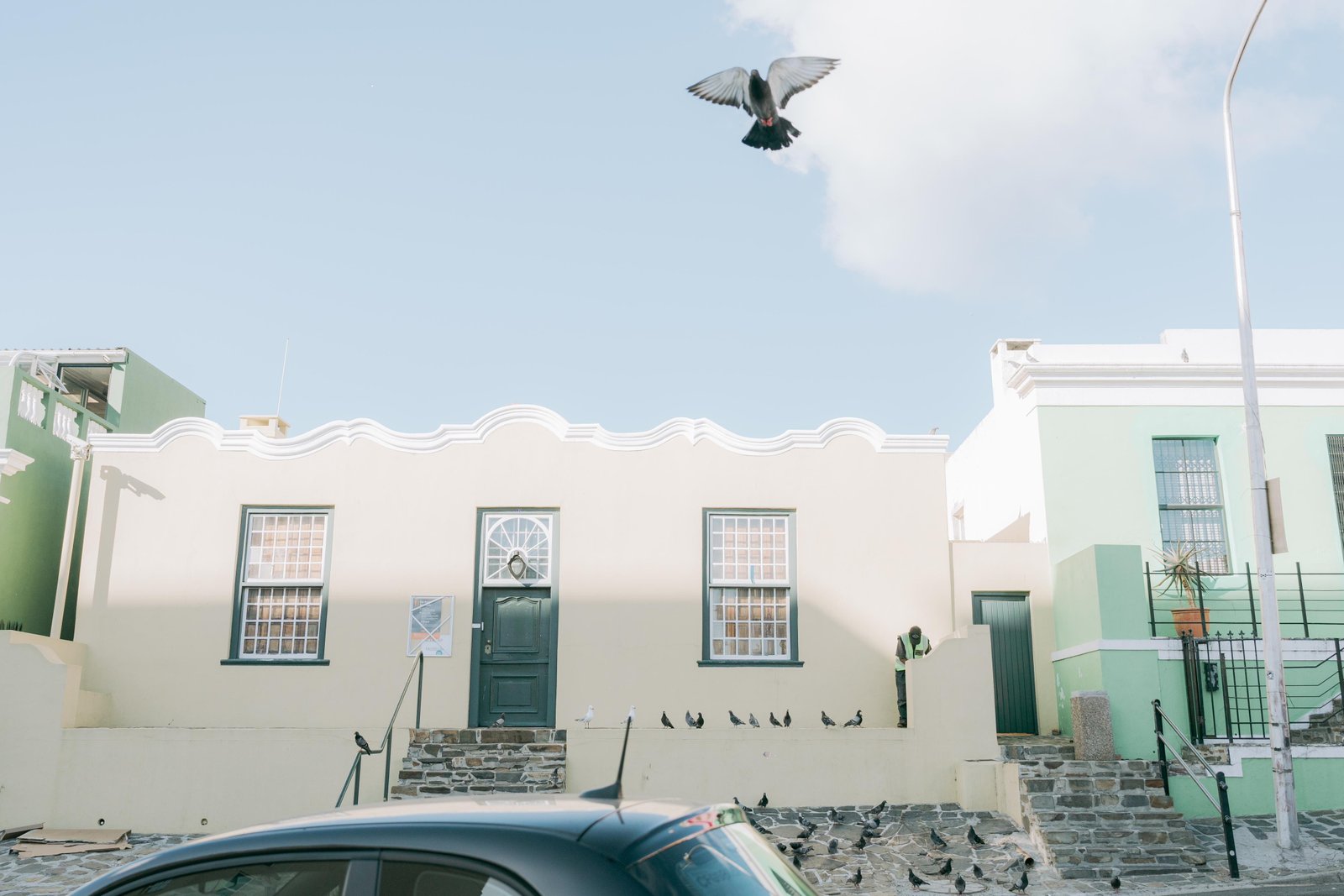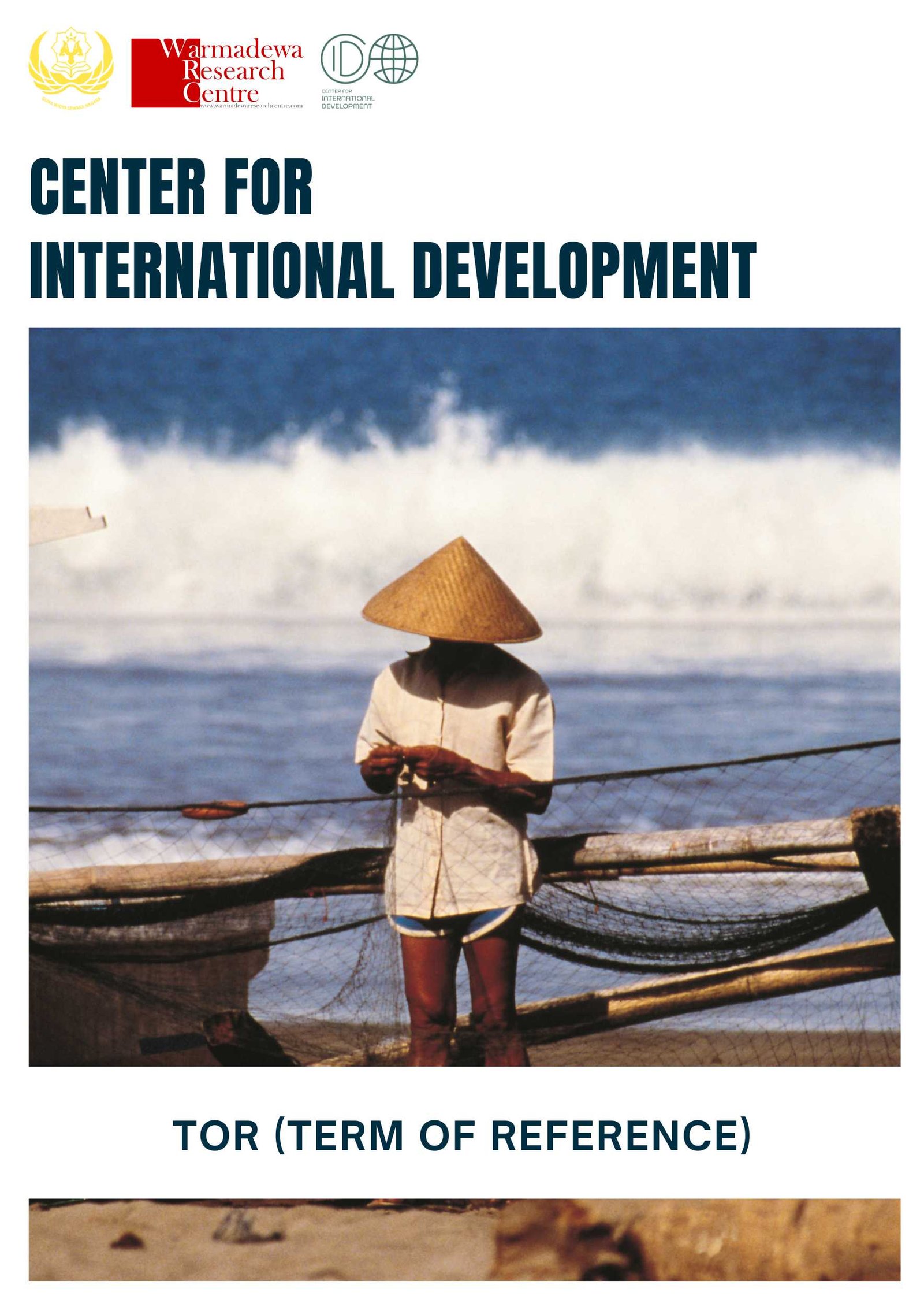Green Economy
Indonesia has prodigious natural resources which are mostly utilized by the citizens to provide their lifestyle. But if we consider sustainability, this natural-based lifestyle was unsuitable for a long term. The urge to boost sustainable economic growth, Indonesia should lower the dependency and preserve the environment. Indonesia may turn the traditional economy into a green economy. It would offer a symbiotic relationship between people and nature.
Consumers will act proactively if they believe their actions are effective in protecting the environment (Moisander, 2007). Consumers have started looking for more environmentally friendly alternatives instead of traditional purchases (Akehurst, G., Afonso, C., & Martins Gonçalves, H., 2012). Green economy requires transformation in economic activities, it needs shifting or diluting the consumption and production to be environmentally friendly. In long-term vision, the public must share a collective interest to make an inclusive green transformation. Green transformation indeed brings some issues that are associated with it and doesn't mean to exclude the possibilities of key issues that may happen in this transformation. Consumers often have negative associations with sustainable products, viewing them as inferior, less aesthetically pleasing and overpriced (White et al., 2019).
Green economy can be defined as being low-carbon, resource efficient, and socially inclusive (UNEP, 2011a). By reducing the environmental risk and ecological scarcities, it improves the well being and social equity. In general, economic activities are developed by the consumers’ decisions and choices. To make the green economy happen, consideration in consumers’ are significantly related (McMeeking and Southerton, 2012). Consumer lifestyle also affects the responsible consumption of products (Aydın and Ünal, 2015). The cluster of green economy will focus on green consumers including attitude and behavior toward green economy and transformation, specifically in Bali.
Even though Balinese have a local wisdom of the relationship between human-nature, the society only recognized it as a sacred personal-engagement. People tend to have intentions in eco-friendly products, but only few that really buy purpose-driven products. Almost 70% of carbon footprints are depend on the chosen product by consumers and whether they use it in sustainable manners. By those intention-action gaps in consumption attitude, there’s so much motivation or stimulus behind it. In this cluster, we wouldn’t measure carbon footprint value but analyze the potential of sustainable manners on consumers and also the stimulus that has been growth in consumer lifestyle.
By focusing in Balinese, the discovery of new values of green consumers will involve local wisdom or lifestyle. The cluster could develop some guide or recommendation of promoting green transformation in consumption natively.
Activity :
Knowledge building
Collaborative Research
International Conference
Summer School
Capacity Building
Training on related organization
Certification (if needed)
Networking
Expert Meeting
Policy Forum
This cluster could be a bridge of many related majors that concern green consumption. Besides, all economic researchers could gather in this cluster to enhance some insight into the green economy and make collaborations in many ways. The faculty or majors may utilize this cluster to develop their curriculum for being related to nowadays issues.
As a part of the International Development Study Center, the green economy cluster could support and collaborate with the other directorates. Moreover, this cluster will create some international collaboration or activities that is in line with Warmadewa University's global vision. This cluster will synergize and accommodate future projects or programs to realize the university's vision.


